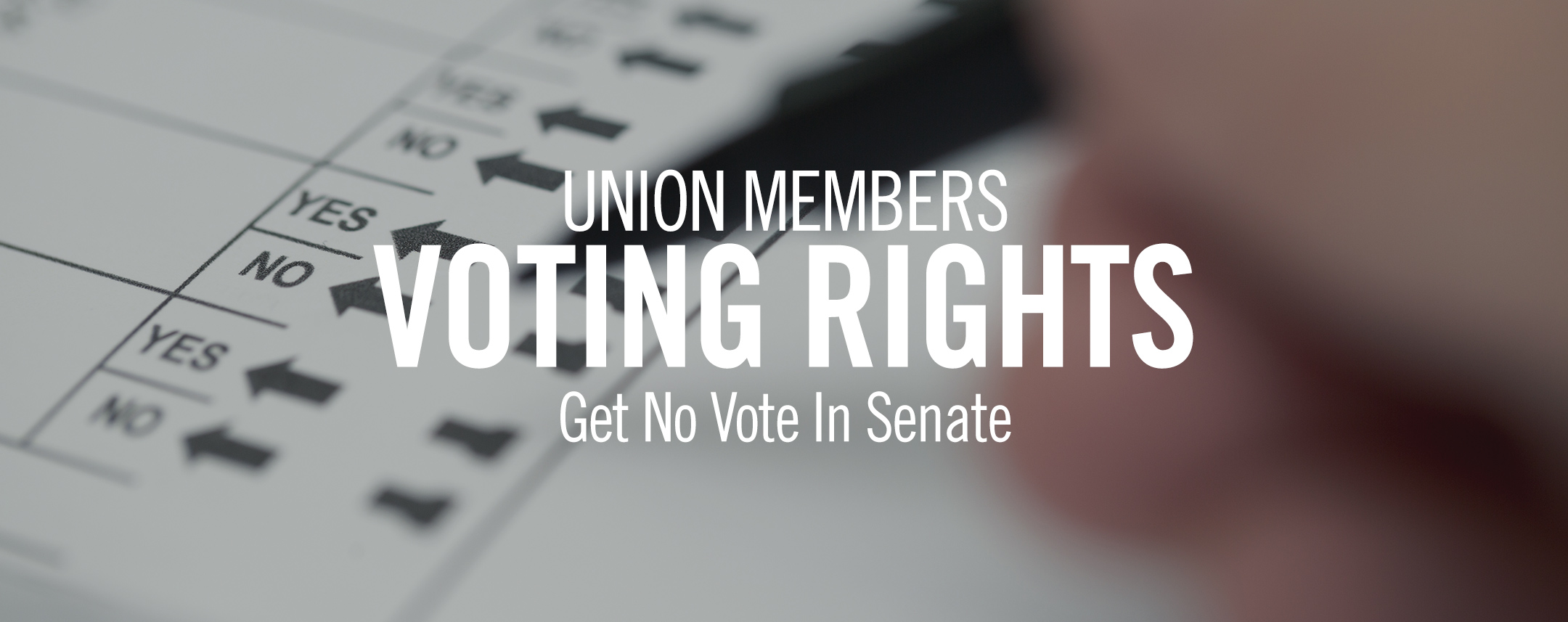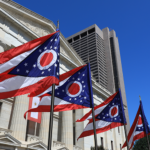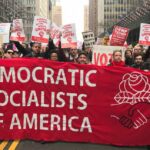One of the several union-reform proposals backed by the Freedom Foundation in the 2017 legislative session is SB 5551, a bill introduced by Sen. Dino Rossi (R-Sammamish) to restore democracy to government workplaces by allowing public employees the opportunity to regularly vote on their union representation.
Unfortunately, most public employees have never had an opportunity to vote on whether to be represented by a union and, if so, what union to be represented by.
“This is a workers’ rights bill,” argued Rossi at the hearing on SB 5551 before the Senate Commerce, Labor and Sports Committee on Feb. 6. “Most of the public employees’ unions were certified back when I was in grammar school and no one’s gone back to ask the question again… The employees shouldn’t be working for the union. The union should be working for the employees.”
Indeed, Tacoma was the first school district in the state to be unionized in 1968, nearly 50 years ago. No union election has been held since. One public school teacher recently informed the Freedom Foundation he can’t even determine when the union in his district was certified. He thinks it occurred in the 1980s, but apparently the state Public Employment Relations Commission (PERC) doesn’t even have records going back that far.
Under current law, a union may be certified to represent a bargaining unit of public employees in one of three ways. First, a public employer may “voluntarily recognize” and agree to begin bargaining with a labor union. Second, a union may organize a bargaining unit through a “cross check” procedure by which the union collects signature cards from at least a majority of the bargaining unit and submits them to PERC. Thirdly, a union may petition for a PERC-administered secret-ballot election in which members of the bargaining unit will vote on whether to be represented by the union.
Under voluntary recognition and cross-check, employees are deprived of the opportunity to vote on union representation in a secret-ballot election. Even when an election is held, a union must never again stand for election unless the employees can meet the requirements to initiate one. To trigger a PERC election in which they can decertify or change unions, employees must gather signatures from at least 30 percent of the bargaining unit and submit the signatures and appropriate paperwork to PERC during a 30-day window occurring once every two to three years. Because calling for an election is a legal proceeding, it is easy for employees to make technical mistakes with timing and paperwork that can disqualify their effort.
In some cases, it is simply logistically impossible for enough bargaining unit members to communicate with each other to gather the “showing of interest” necessary to trigger a vote.
For instance, the bargaining unit of 35,000 home care aides, who are scattered in homes around the state, would have to gather thousands of signatures just to call for an election to change unions or decertify SEIU 775. Recent changes in the law make it impossible for these caregivers to get a list of their fellow providers from the state under the Public Records Act, effectively leaving them without any means of communicating or even starting a signature-gathering effort.
SB 5551 would solve this problem by directing PERC to automatically conduct secret ballot union certification elections for all public employee bargaining units once every four years.
Predictably, unions did not respond favorably to this measure to bring some accountability to their monopolies.
Brenda Wiest, a lobbyist for Teamsters 117, called the bill “unnecessary” and “a distraction from our important work.”
Some politicians probably think elections are an “unnecessary distraction” from the important work of governing, but they dare not say so to the voters. The only reason unions can get away with it is precisely because they don’t have to stand for election.
Also testifying against the bill was Greg Devereux, executive director of the Washington Federation of State Employees (WFSE).
While he repeated Wiest’s contention that union elections are “unnecessary and a waste of time and resources,” he also opposed the bill because it does away with cross-check certifications and only allows unions to be certified to represent public employees in secret-ballot elections. Though Devereux described cross-check as “an effective method of allowing free choice unencumbered by employer intimidation,” former WFSE-member Dan Varey would disagree.
In a Freedom Foundation interview, Varey explained how WFSE organizers used cross-check pressure tactics to re-unionize his bargaining unit at Washington State University after they had successfully decertified the union a year before.
Devereux isn’t concerned that secret-ballot elections allow government employers with no financial stake in the outcome to “intimidate” workers; he’s worried that SB 5551 would end his ability to pressure workers one-on-one into certifying his union as their monopoly provider of workplace representation.
Devereux also claimed to be unaware of any “labor relations system in the U.S. or anywhere else in the world, for that matter, that requires recertification.” In fact, part of the collective bargaining reforms implemented by Wisconsin Gov. Scott Walker in 2011 required government unions to stand for annual certification elections. While many unions have been recertified, employees have rejected others.
While the Freedom Foundation testified in favor of the bill, perhaps the best case for the legislation was made by retired state worker Gerald Marsh, a former WFSE-member:
“Current law is a little bit like the Eagles’ song, ‘Hotel California.’ You can get in, but you can never leave. Technically, yes, you can leave. It requires a 30 percent vote just to get a vote on leaving. And with members spread all over the state, that’s almost impossible. The union has money—in the case of WFSE, millions of dollars—they have organization, they have the addresses of all the members. The employee has nothing other than word of mouth. It’s not a level playing field at all. And so there’s no incentive for (the union) to do a good job… If the unions really are for the employees, then they should be willing to earn the right to the dues they’re taking.”
The Commerce, Labor and Sports Committee ended up passing the legislation 5-4, with all Republicans voting in favor and all Democrats voting against.
The bill was then referred to the Senate Ways and Means Committee to weigh the measure’s fiscal impact. At the Ways and Means hearing on Feb. 20, union lobbyists again came out against it, while the Freedom Foundation spoke in support.
This time, WFSE lobbyist Steve Segall called the bill “nothing more than a veiled tax on working families,” alleging that unions would be forced to pay for the elections to be conducted. But even a cursory reading of the legislation reveals that taxpayers, not unions, would be the ones footing the bill. The whole reason SB 5551 was referred to Ways and Means was because, if passed, the state would have to increase PERC’s budget by several hundred thousand dollars per year to carry out the elections.
Ultimately, the bill was voted out of the Ways and Means Committee 12-11, with one Republican, Sen. Mark Miloscia (R-Federal Way), joining the committee’s 10 Democrats in voting “no.”
However, the bill failed to receive a vote on the floor of the Senate and will not be advancing further this session. The Freedom Foundation supported similar legislation, SB 6410, in 2016.
Senate Commerce, Labor and Sports Committee hearing on SB 5551 on February 6, 2017:
Senate Ways and Means Committee hearing on SB 5551 on February 20, 2017:










